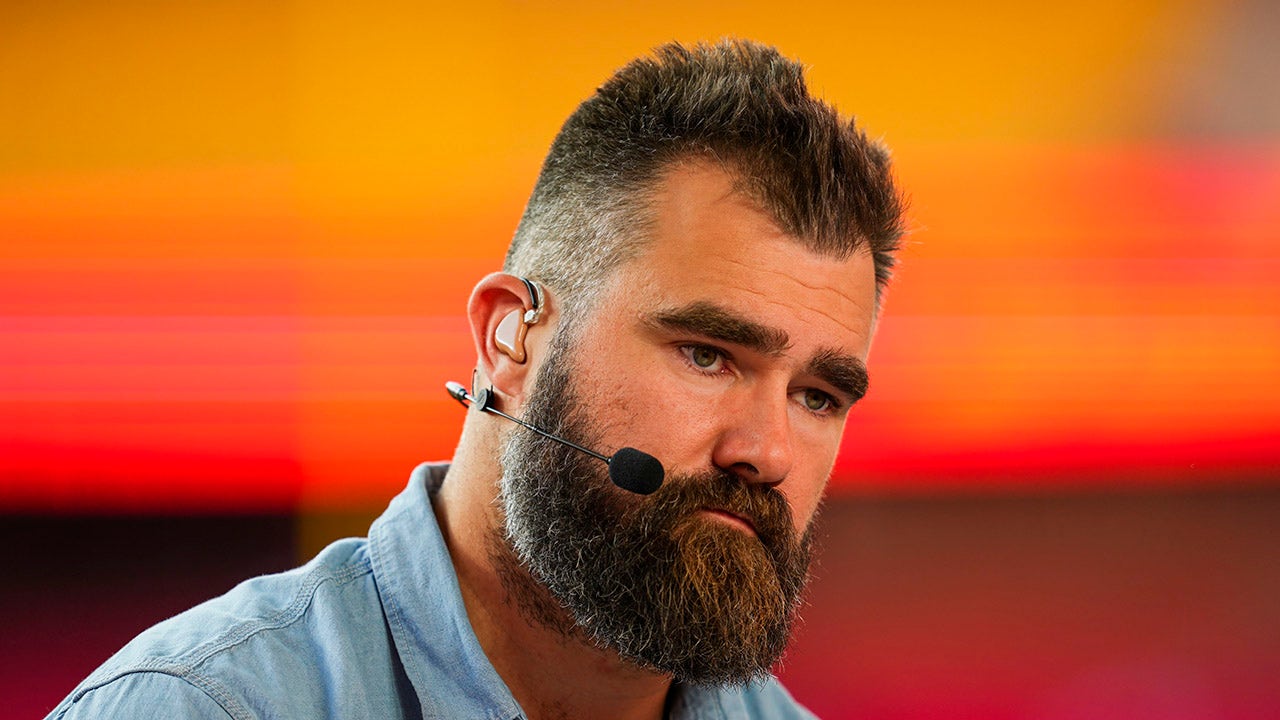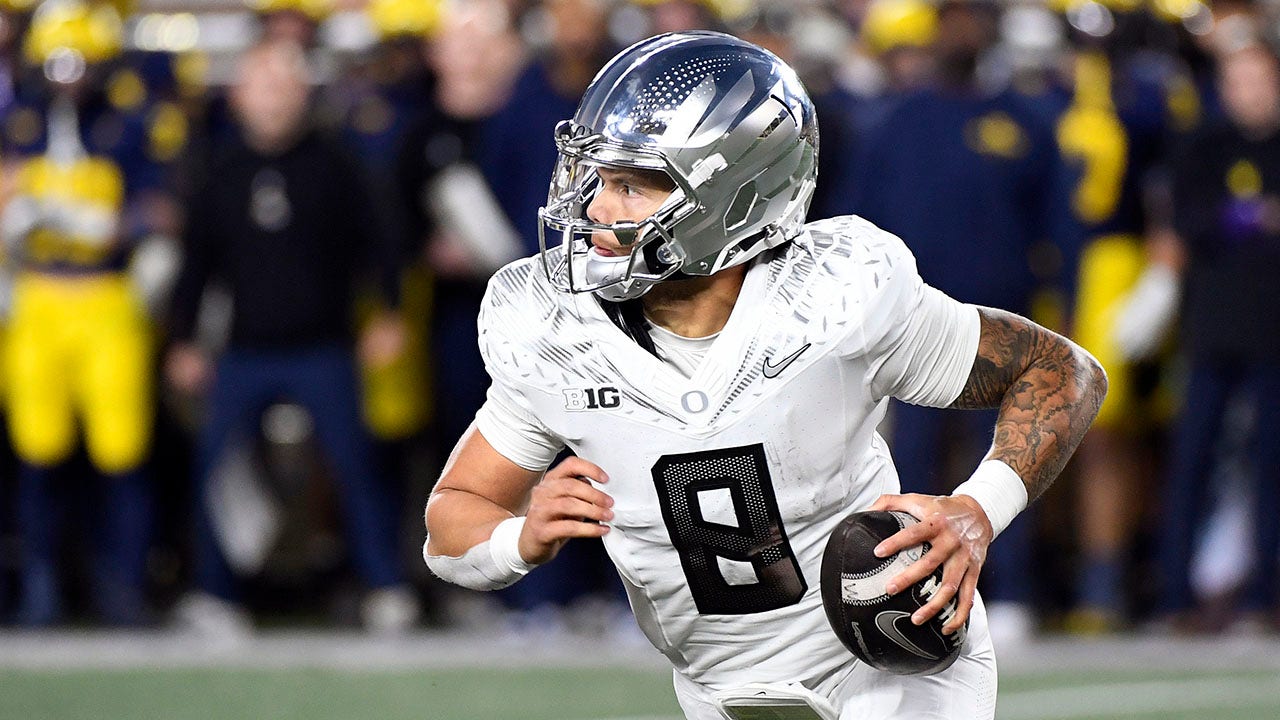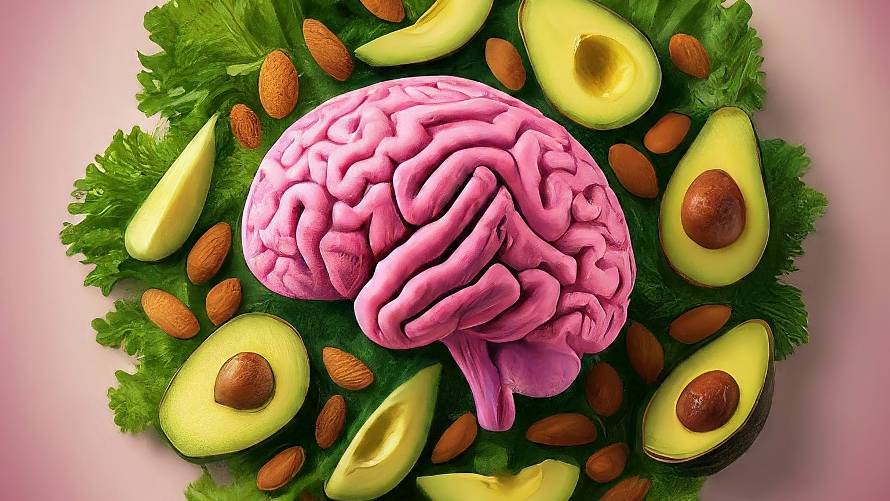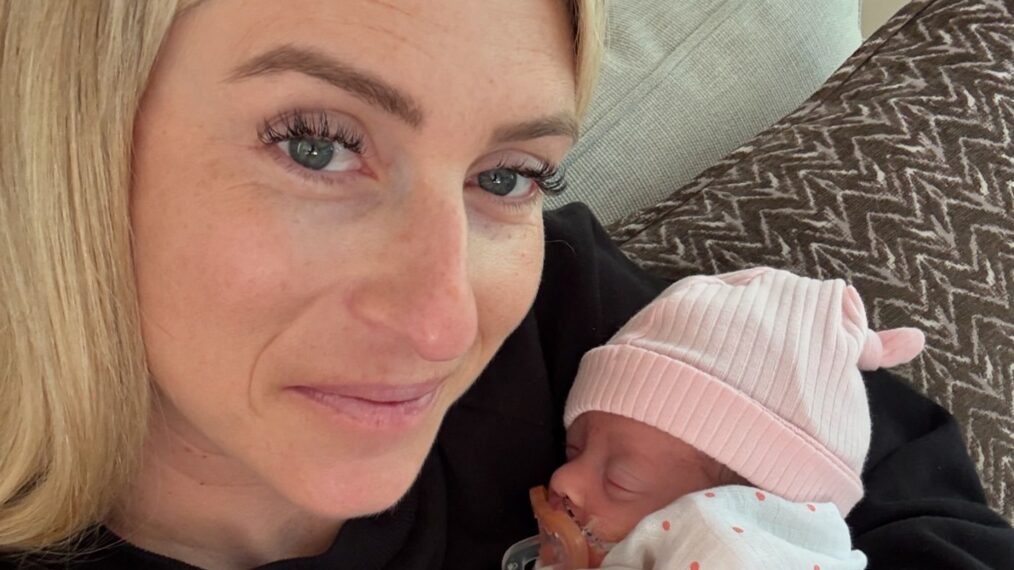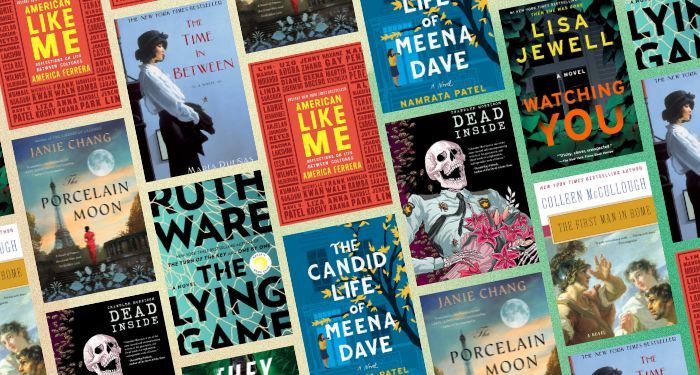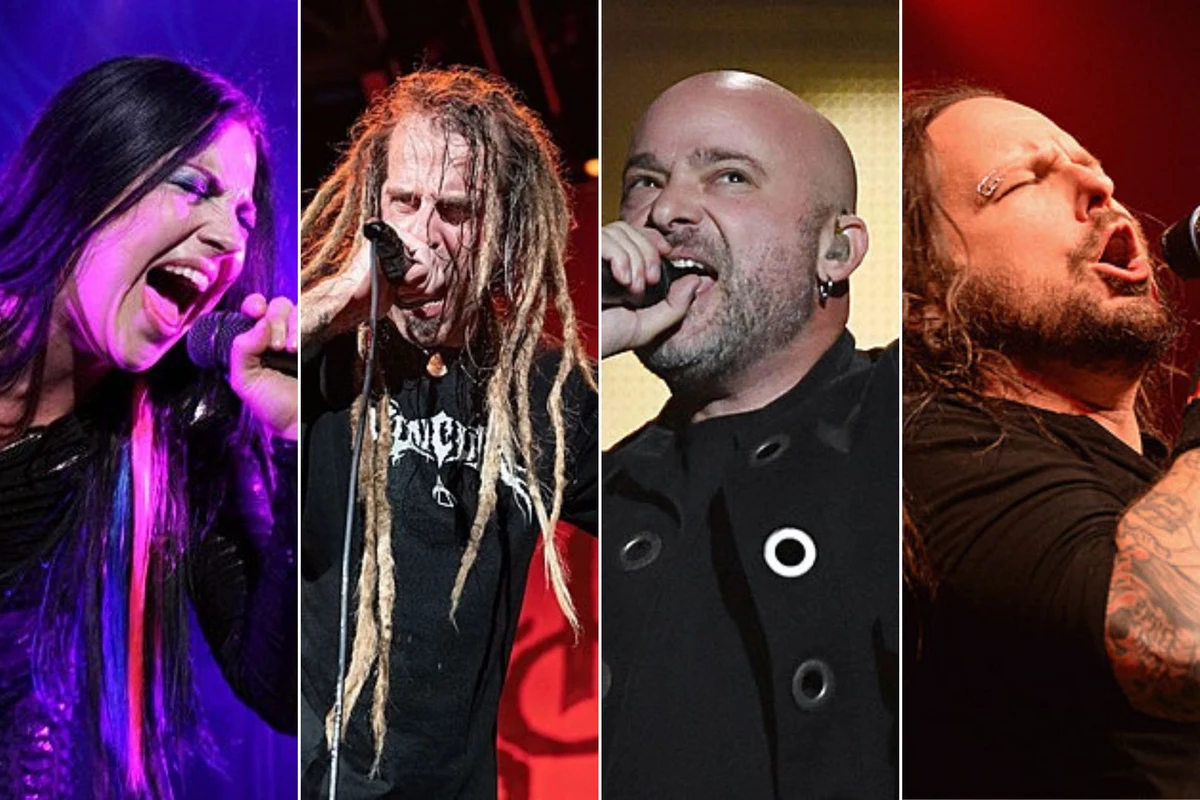For years, Republicans who wanted to ban abortion said they supported exceptions for rape, incest and the health of the mother. Even the Hyde Amendment, which prohibits government programs, such as Medicaid, from funding abortion, has those carve-outs.
But now that the protections of Roe v. Wade are gone, conservative states are enacting bans, and in many cases those exceptions are not there. According to the Guttmacher Institute, a nonprofit that advocates for reproductive health care, 12 states that are set to criminalize abortion since the Supreme Court overturned Roe have no allowances for rape and incest.
“I just have never believed that having a tragedy or tragic situation happen to someone is a reason to have another tragedy occur,” South Dakota Gov. Kristi Noem (R) said Sunday, defending her state’s trigger law that bans abortions except to save the life of the mother.
But large majorities of Americans support abortion access in cases of rape and incest, even in red states.
Some Republicans are now trying to downplay the possibility of getting pregnant after being raped in a way to minimize the fact that their party is taking this exception away. And others are telling people to turn lemons into lemonade.
In an interview Friday on KTAR, a Phoenix area radio station, Republican gubernatorial candidate Karrin Taylor Robson said it was “extremely rare.”
HOST BARRY MARKSON: Let’s say there’s a 14-year-old girl who was being raped by her stepfather and is now pregnant. In an Arizona where abortion is generally illegal, should that be an exception where an abortion is permitted in that circumstance?
ROBSON: You know, I believe life begins at conception. And quite frankly, it’s, you know, the instance of pregnancies occurring in violent situations are extremely rare. In fact, it’s estimated about, you know, less than 2% of those situations do a pregnancy occur.
To back up Robson’s claim, a campaign spokesperson sent along a National Review article that cited a 2004 Guttmacher Institute study which found that less than 2% of abortions arise from rape- or incest-related pregnancies. The article says nothing about how often a woman gets pregnant from those situations.
Robson’s campaign also said that she actually believes in exceptions for abortion.
“Karrin has been an active member of the pro-life movement in this country for decades, and strongly believes life begins at conception,” her spokesperson said in a comment to HuffPost. “Karrin’s position is that abortion must be outlawed except when the pregnancy resulted from rape or incest or the mother’s life is in danger.”
Last month, someone at a Virginia campaign stop went up to GOP congressional candidate Yesli Vega and asked if she had heard “that it’s harder for a woman to get pregnant if she’s been raped.”
“Well, maybe because there’s so much going on in the body. I don’t know. I haven’t, you know, seen any studies,” she replied. “But if I’m processing what you’re saying, it wouldn’t surprise me. Because it’s not something that’s happening organically. You’re forcing it. The individual, the male, is doing it as quickly — it’s not like, you know — and so I can see why there is truth to that. It’s unfortunate.”

Nathan Howard /Getty Images
The pregnancy rate from rape and consensual sex is the same. According to the U.S. Centers for Disease Control and Prevention, almost 3 million women in the United States have experienced rape-related pregnancy in their lifetime.
“The myth that becoming pregnant from rape is nearly impossible or rare has been repeatedly refuted by science,” said Amita Vyas, director of the Maternal and Child Health Program at George Washington University. “But what do we know from multiple studies is that many sexual assaults and rapes are not reported in the U.S. It’s estimated that over 40% of women will experience sexual violence in their lifetime. Further, only a fraction of sexual abuse is actually reported, and the Department of Justice estimates that nearly 80% of rapes and sexual assaults go unreported.”
“We can’t assume that the small numbers of ‘rape-related pregnancies’ that GOP leaders cite is remotely credible given how underreported rape and sexual assault is in this country,” Vyas added. “And we certainly can’t implement policies based on erroneous and flawed data.”
At the very least, it seems clear that some of the politicians who may be in charge of making the decisions about reproductive health have no idea what they’re talking about.
Other Republicans aren’t denying the science but are instructing women to simply make the best of their situation.
Colorado gubernatorial candidate Greg Lopez told The Denver Post that women who get raped and then become pregnant should basically see it as a gift that will make them happy.
“I’m a firm believer that a child brings happiness into the lives of people,” Lopez said. “It may not have been something that you planned on, it was something you didn’t agree to, but for me a child brings happiness.”
Lopez, of course, is a man who will never become pregnant from rape.
These sorts of comments aren’t new from Republicans, but they’re now far more mainstream, and the party is openly embracing criminalizing abortion without these exceptions.
In 2012, Republican Rep. Todd Akin seemed like he was on his way to defeating Democrat Claire McCaskill for a Senate seat in Missouri. But then came his comments about pregnancy caused by rape.
“From what I understand from doctors, that’s really rare,” he said. “If it’s a legitimate rape, the female body has ways to try to shut that whole thing down. But let’s assume maybe that didn’t work or something. I think there should be some punishment, but the punishment ought to be on the rapist.”
The comments were widely criticized for being unscientific, ignorant and far to the right. National Republicans disavowed Akin’s candidacy, with GOP presidential candidate Mitt Romney and Sen. John Cornyn of Texas, then the chair of the National Republican Senatorial Committee, both pushing Akin to drop out of the race. He refused, and he lost to McCaskill by 15 percentage points.
“The fact is, anytime someone is denied an abortion they seek, regardless of their reason, it is a violation of their human rights.”
– Jessica Arons, ACLU
In 2010, Nevada GOP Senate candidate Sharron Angle was asked what she would say to a young girl who was raped by her father, became pregnant and was considering an abortion.
“I think that two wrongs don’t make a right,” Angle replied at the time. “And I have been in the situation of counseling young girls, not 13 but 15, who have had very at-risk, difficult pregnancies. And my counsel was to look for some alternatives, which they did. And they found that they had made what was really a lemon situation into lemonade.”
To be clear, there are no “good” or “bad” reasons for having an abortion. Though abortions stemming from rape and incest are often some of the most tragic circumstances, they are a very small percentage of overall abortions. Focusing too much on these two categories can give cover for states that do have bans with these exceptions, to let them falsely seem like they are humane and not as terrible.
And in reality, even when these exceptions exist, it is often incredibly difficult for pregnant people to meet the standards ― such as reporting the assault to police ― required to qualify. The Guttmacher Institute notes that they are “designed to be insurmountable and are often retraumatizing if not dangerous for the patient.”
As Guttmacher added, the best way to support rape and incest survivors is “removing abortion bans and restrictions entirely.”
“The debate over how often pregnancy results from rape is a distraction,” said Jessica Arons, senior policy counsel at the ACLU. “The fact is, anytime someone is denied an abortion they seek, regardless of their reason, it is a violation of their human rights. Forced pregnancy has life-altering consequences that affect one’s health, economic security, relationships and life plans ― and in a country with a severe maternal mortality crisis, particularly for Black women, it can even be a death sentence. The only thing this debate over rape exceptions reveals is just how extreme and heartless the antiabortion agenda is.”
Last year, Texas Gov. Greg Abbott (R) defended his state’s six-week abortion ban, which has no exceptions for pregnancies caused by rape or incest. He said that his solution was that Texas would simply get rid of all rapists.

